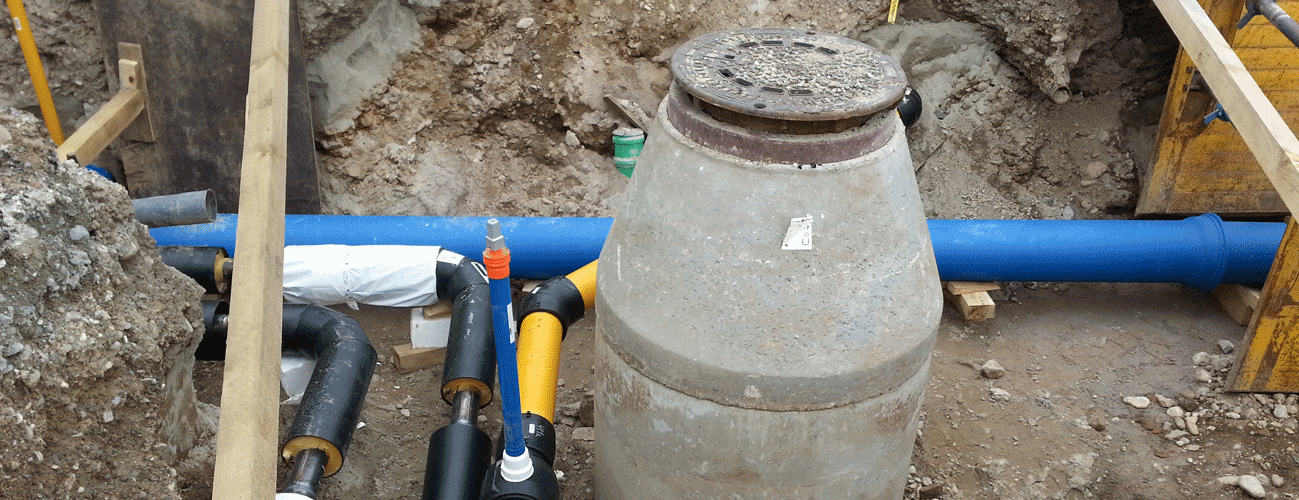

A plumber is an adventurer who traces leaky pipes to their source
~ Arthur Baer
The plumber has been on an adventure for well over 3,700 years now. Evidence of plumbing's principles can be traced back to the Island of Crete and the Palace of Knossos. See for yourself in the following image.
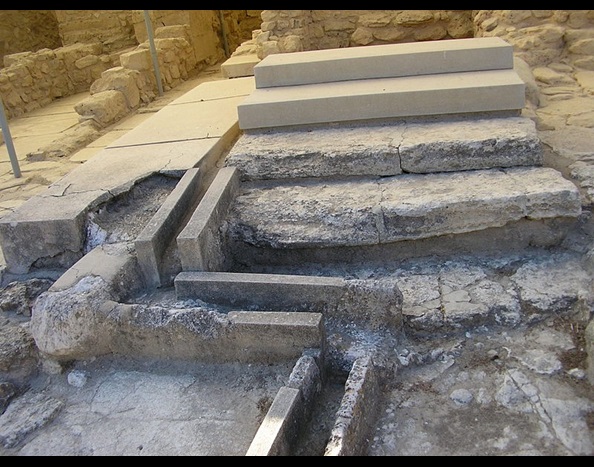
Minoan kings had bathrooms flowing with fresh hot and cold water.
Plumbing in its earliest form, like at Knossos, allowed kings to live a luxurious life. In our modern times, plumbing is the arteries that make up our modern way of life. It delivers clean water to our homes and sends sewage and waste to treatment facilities. Beyond only sending water, a plumbing system conveys chemicals, fluids gases, and liquids into industrial settings.
According to IBISWorld (new window) , the Plumbing industry was valued at $107 billion in 2018. In addition, the industry’s employees are growing at 4.!%. Since MCR Safety is in the business of protecting people, we cover everything you need to know about plumbing applications and hazards below.
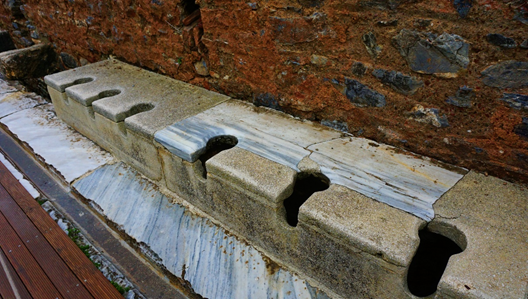
When was plumbing invented? As mentioned above, plumbing has been around for over 3,700 years. However, it was the Romans who took plumbing took plumbing to the next level. This makes sense, as Romans were obsessed with water. This obsession is still evident today in Rome's large public fountains and extensive bath complexes.
To ensure water flowed into cities at all times, ancient Romans became masters of capturing, diverting, and supplying water to their towns and cities. They developed systems of aqueducts and used lead pipes to help move the water. In fact, "plumbing" derives its name from the Latin word plumbum used to describe lead.
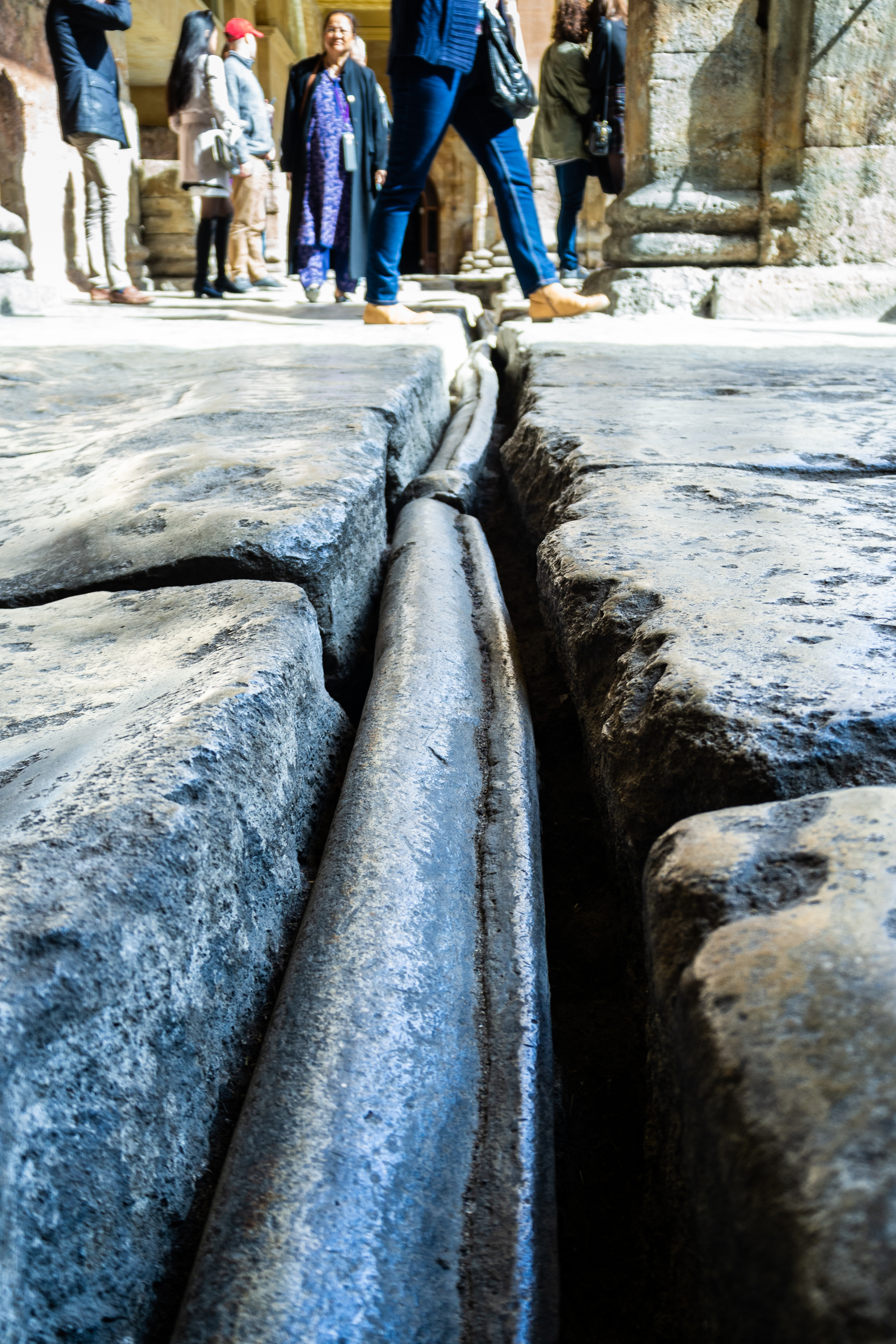
Gravity Forcing Water Pressure
Unfortunately, when Rome fell, their innovative plumbing techniques died out. It was not until the 1840s in America that indoor plumbing would take off again.
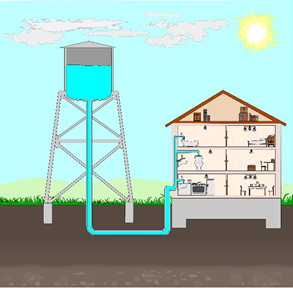
Gravity Forcing Water Pressure
In 1842, engineers in New York City revolutionized the indoor plumbing system with this principle, and it is this very law of nature that allows our modern plumbing system to work. Once water is pumped to the top of water towers, nature does the rest. As shown above, water runs down into pipelines that run through the city streets and into homes and businesses. Gravity pushes the water down into the pipes, and the pressure sends fresh water through the pipe systems into buildings.
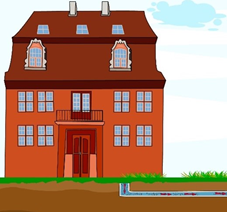
Water Leaving the House
After the water has entered a building, gravity once again comes into the picture to help remove the wastewater. Gravity pushes the used water into sewer pipes that are located on a lower grade below the building. From there, the water is off to the sewage waste facility.
With the water principle at work, the need for plumbers becomes evident. Someone has to make sure the plumbing lines keep the water flowing.
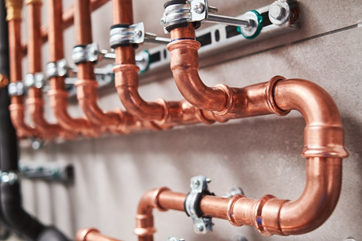
Pipes come in all types of material and sizes. Some lines are designed to transport wastewater, while others are designed to bring in fresh water. Here is a breakdown of the primary plumbing pipes used today:
Brass
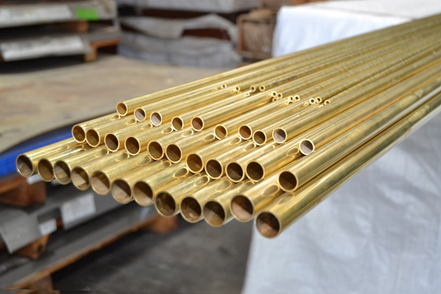
These pipes are 85% copper and 15% zinc and are commonly used as drain pipes because they can withstand pressure.
Copper
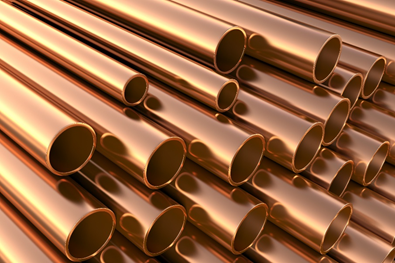
Mostly used today to construct water supply lines and refrigerant lines, copper pipes have long been used in plumbing systems.
PEX
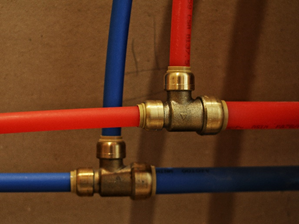
Short for cross-linked polyethylene, PEX is a flexible plastic that has been gradually replacing steel and copper lines. PEX is often color-coded, with red pipes carrying hot water and blue pipes carrying cold water.
PVC
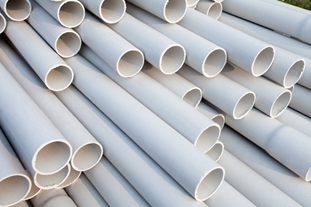
Commonly used for drainage in plumbing systems, polyvinyl chloride (PVC), is also used to make gloves. It's a low-cost substitute over metal piping.
Rigid
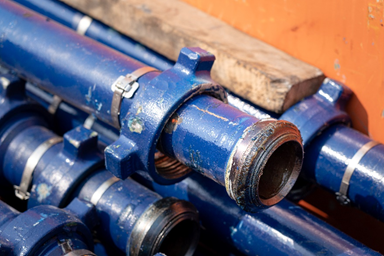
As the name implies, these strong pipes are made of concrete and iron. Rigid pipes have increased strength for increased load capacity.
ABS
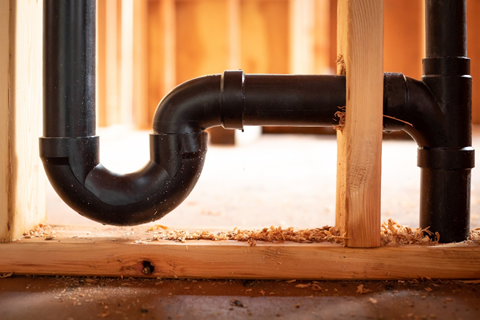
Commonly seen under sinks and behind washing machines, ABS is short for acrylonitrile butadiene styrene. These black pipes are used primarily for vent and drain lines.
Galvanized
These pipes are made of steel and are dipped in a zinc coating to protect them from corrosion. They were used primarily in homes built before the 1960s as an alternative to lead pipes. Today they are mostly used in outdoor plumbing applications.
One common question asked with regard to plumbing is what size pipe is best to use for house plumbing? You will want to review the actual water piping system codes to determine the answer to that. The last thing any plumber wants to do is have to redo any work performed because it doesn't meet specific local regulations.
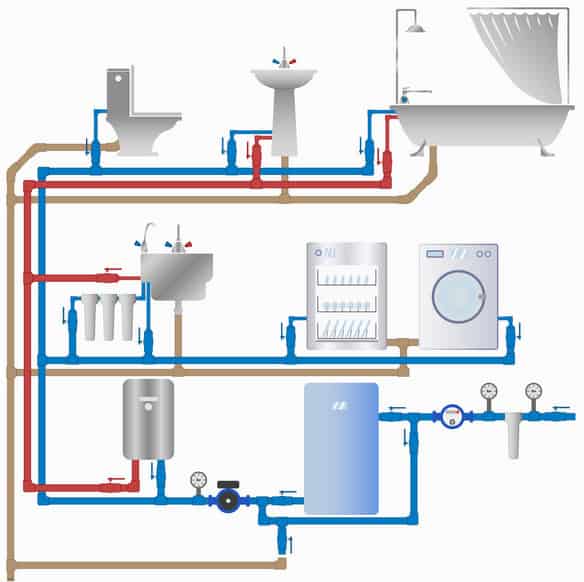
There are numerous objects connected to the inner pipes of a building. The water heater, toilets, sinks, tubs, showers, and vents are connected to the internal plumbing system. A diagram can help plumbers visualize how water lines are supposed to look inside the walls and when someone has to repair older pipes, visual tools and diagrams become a necessity. Here are three of the most common types of visual plumbing diagrams:
Vent Diagram

Without a properly installed stack in a building, an odor will eventually emerge. A vent diagram helps show how the inner drain pipes are supposed to function and where they vent to help alleviate unpleasant odors.
Sink Diagram
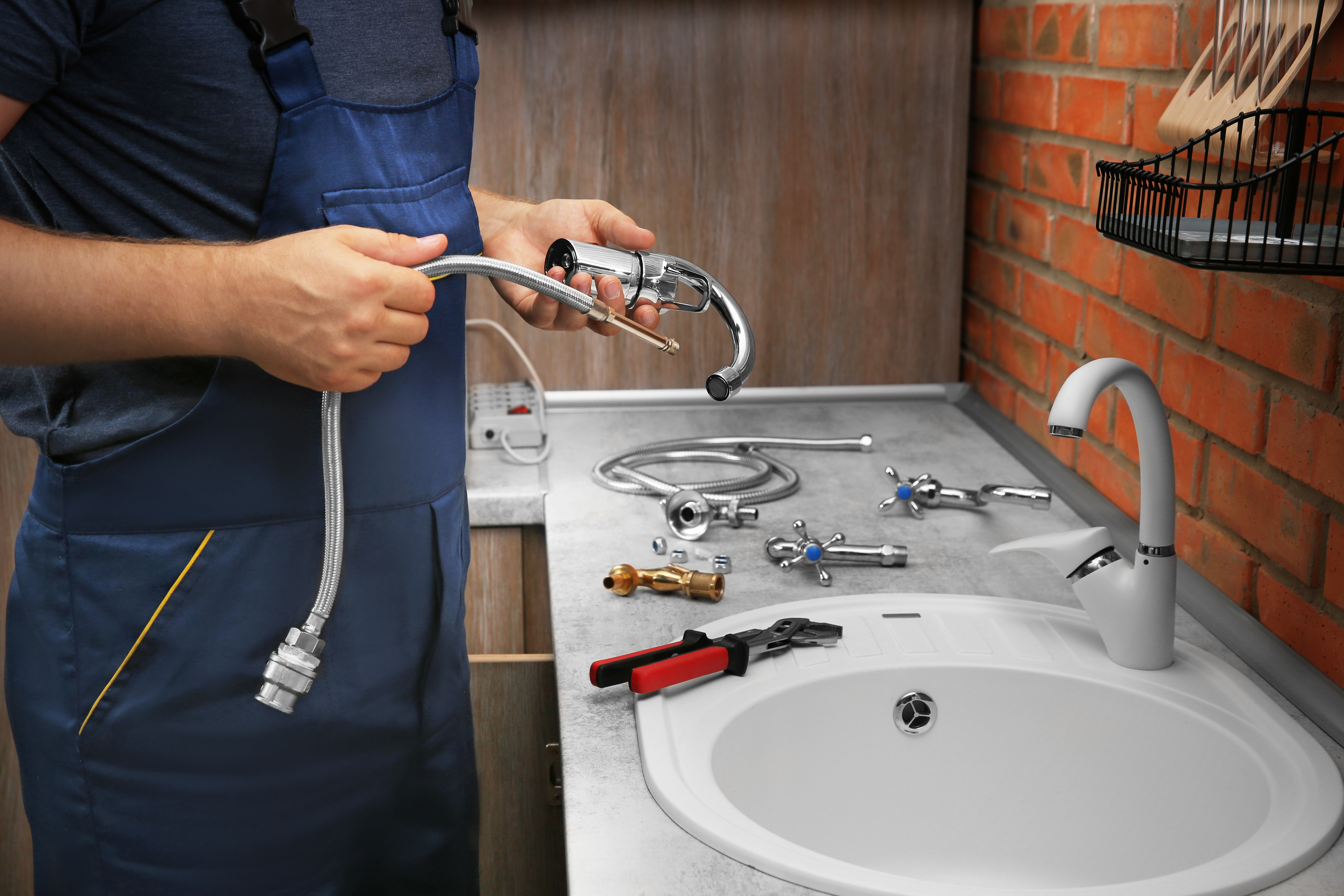
Bathroom and kitchen sinks have numerous parts. Knowing where each part goes by referencing a diagram helps a lot when installation takes place
House Diagram
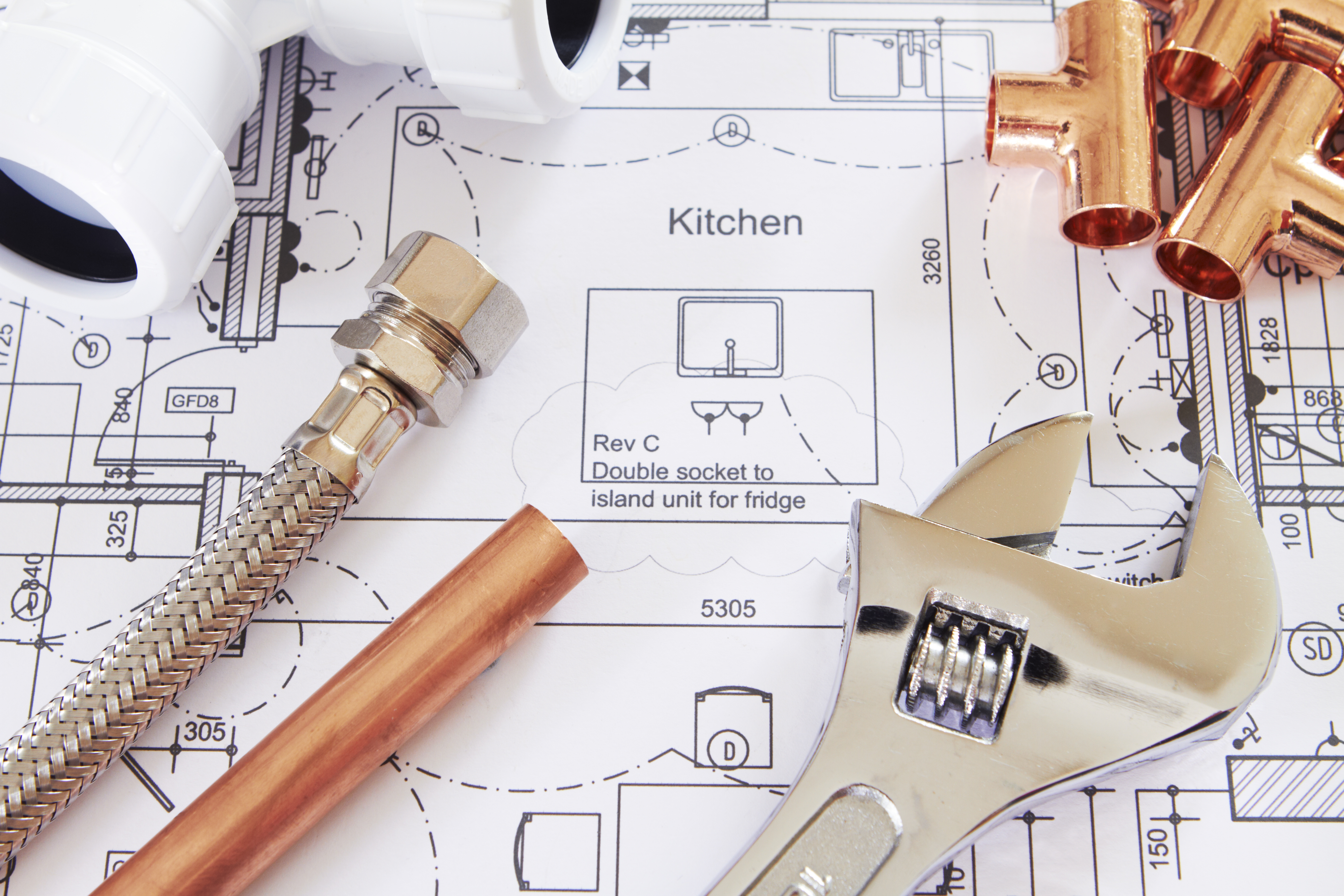
An overall plumbing diagram for a home will show where freshwater enters and where waste water exits. Pipes on the diagram will be color-coded depending on the function they serve.
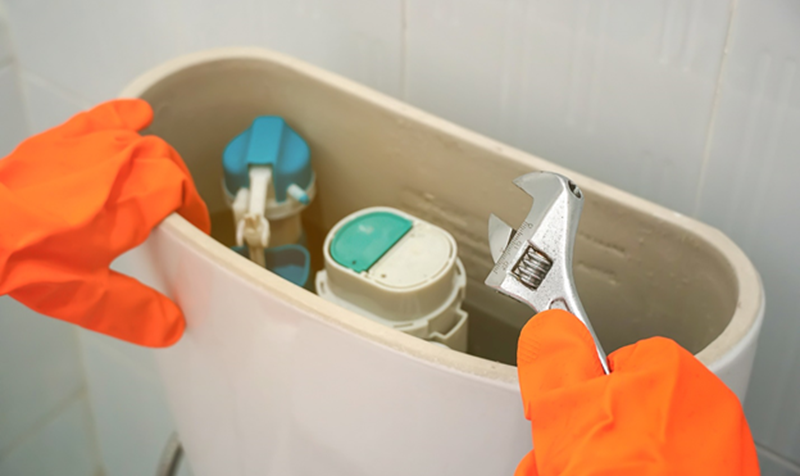
The word plumber comes from the Latin word "plumbum", meaning "lead". The first effective pipes used in the Roman era were made from lead pipes.
Plumbers work in factories, homes, businesses, and other places where there are boilers, heaters, and piping systems. The Bureau of Labor and Statistics (BLS) reports that plumbers, pipefitters, and steamfitters held about 480,600 jobs in 2016. The largest employers of these workers are as follows:
| Industry | % Employment |
|---|---|
| Plumbing, heating, and air-conditioning contractors | 62% |
| Self-Employed Workers | 13% |
| Government | 4% |
| Heavy and civil engineering construction | 4% |
| Manufacturing | 3% |
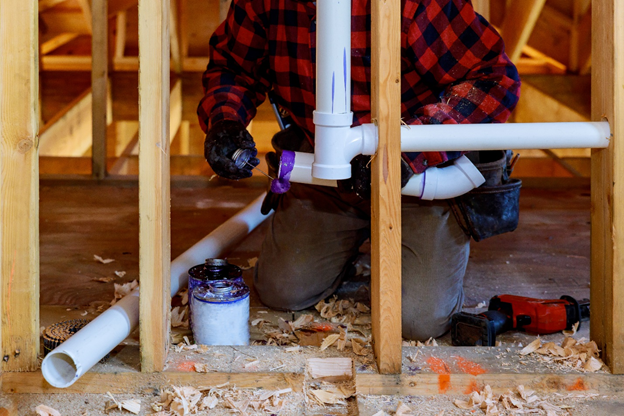
Who is a plumber? For married women, a plumber is a person who repairs what the husband has tried fixing. Simply put, when you cannot fix your drainage problem, you call the plumber. They install and repair water, drainage, gas, and other piping systems.
According to the Plumbing, Heating, Cooling Contractors National Association (new window), he transition from the outhouse to indoor plumbing spurred gasfitters and metalworkers to specialize in plumbing. Today's modern plumbing industry involves workers that maintain plumbing fixtures, fittings, and equipment.
The following workers make up this industry today:
Commercial plumber
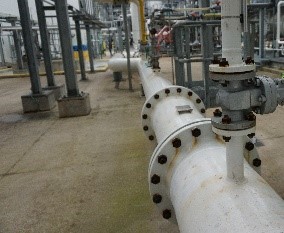 Refinery Piping
Refinery Piping
trained to work on larger systems found in hospitals, refineries, schools, shopping centers, and industrial equipment. They work on massive commercial boiler systems is the norm for this plumber.
Residential plumber
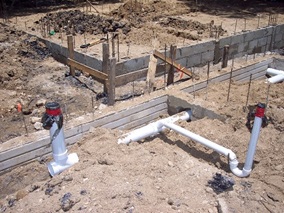 Construction Plumbing
Construction Plumbing
These trained plumbers work in construction, both new construction and additions to homes. Repairing and maintaining existing home structures falls under this plumber's daily work. They also construct pipe across an entire home.
Pipelayer
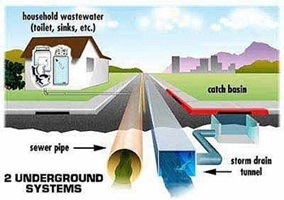 Pipelayer
Pipelayer
Lay pipe for storm or sanitation sewers, drains, and water mains. They perform tasks such as positioning pipe, cutting metal and sealing joints.
Service and repair plumber
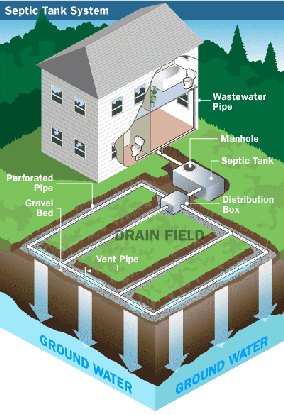 Septic Tanks
Septic Tanks
They solve problems that arise in residential homes, ranging from draining clogged lines and repairing fixtures They also provide routine maintenance on septic tanks.
Pipefitters and Steamfitters
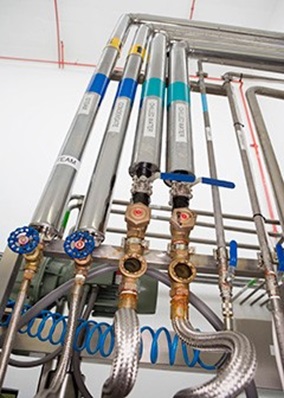 Pipe System
Pipe System
assemble, install, and maintain pipe systems for steam, hot water, and processing systems. Most times, they specialize as gasfitters, sprinkler fitters, or steamfitters. They install pipes that carry chemicals, acids, and gases to manufacturing, commercial, and industrial settings. In power plants, steam drives turbines that generate electricity. Pipefitters and steamfitters are the ones that install the pipe systems producing the steam.

If I would be a young man again and had to decide how to make my living, I would not try to become a scientist or scholar or teacher. I would rather choose to be a plumber or a peddler in the hope to find that modest degree of independence still available under present circumstances.
Coming from Einstein, we might all want to consider the plumbing career path and trade. This tradesman performs a wide variety of activities during a workweek, most times working on their own and independent.
Plumbers can be found installing fixtures such as appliances, dishwashers, bathtubs, toilets, dishwashers, and water heaters. They also maintain septic systems that collect waste from houses and that are not connected to a sewer system.
A plumber's work ranges from feeding cable, lifting heavy materials and thawing pipes. Here are many of the activities you will find a plumber doing:
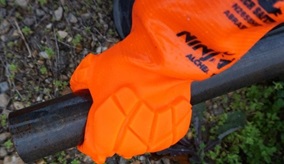
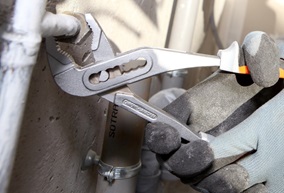
Plumbing cleanout
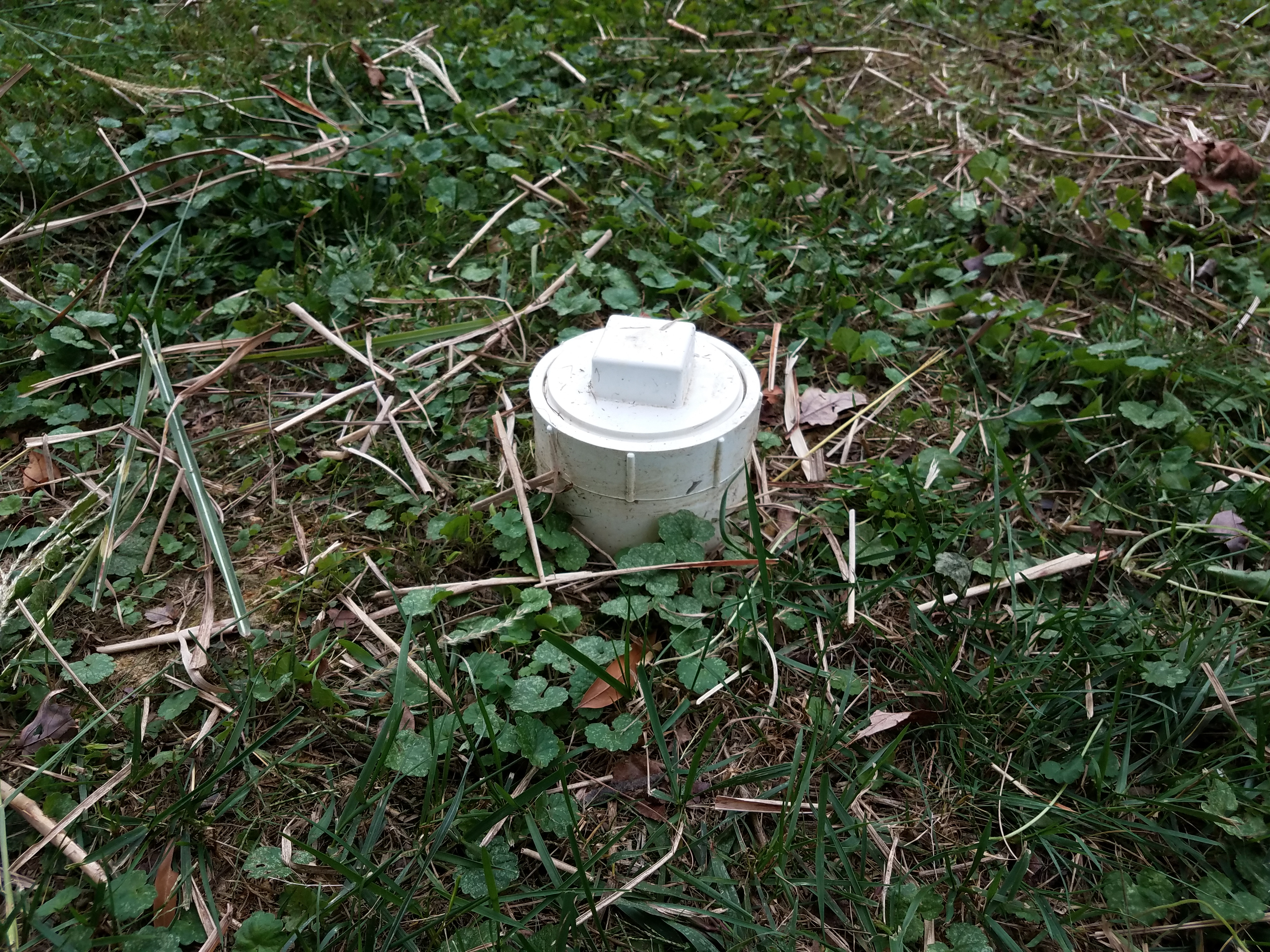
This refers to a convenient location where a plumber has access to the building's pipes. Before cleanouts were utilized, vents on the roof were the only way of accessing plumbing lines.
Plumbing repair
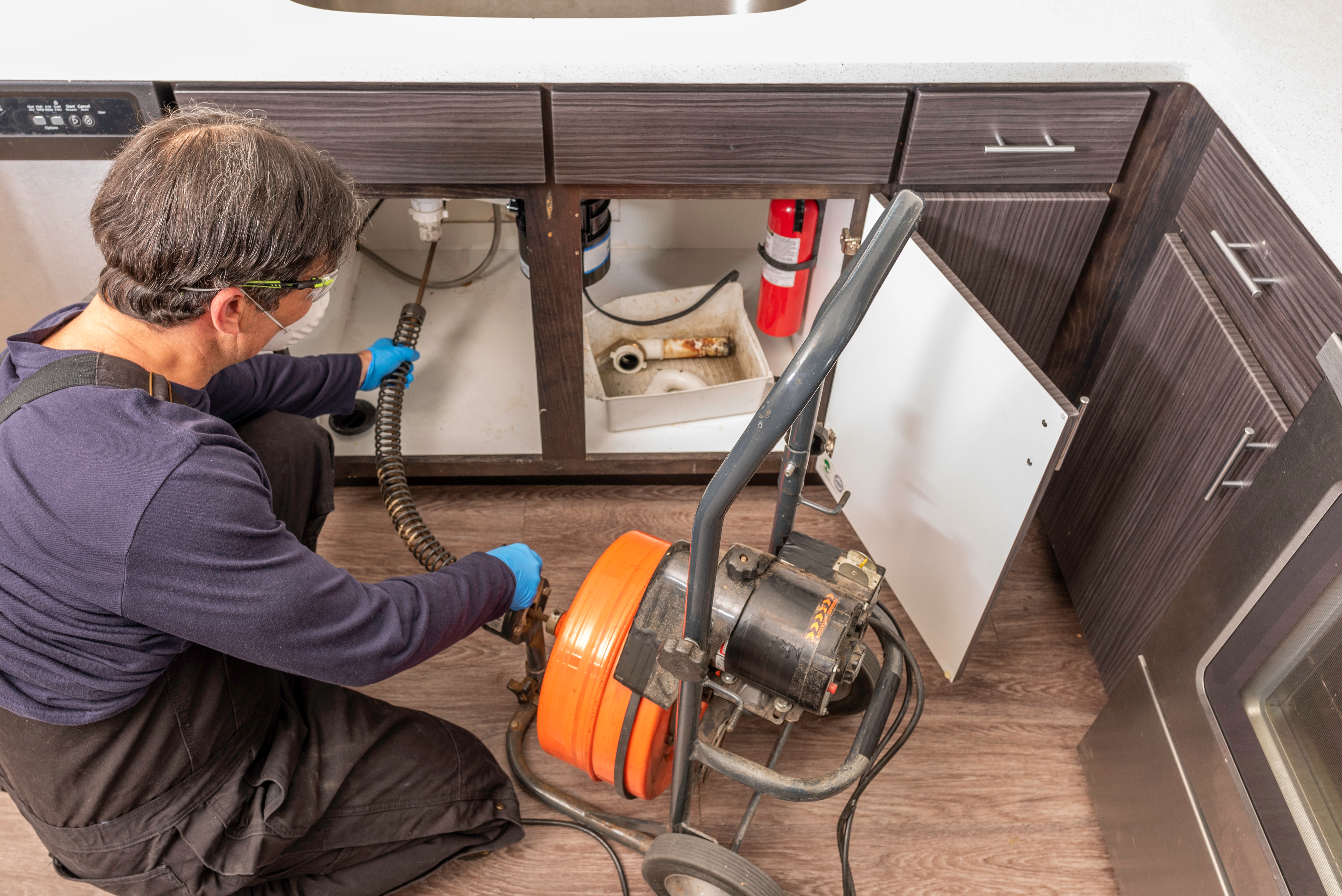
Plumbing requires maintenance and repair. When pipes experience clogs, cracks, or leaks it's often an indication that the line has become corrupted. Once a plumbing system no longer transports materials efficiently, repair is needed.
Plumbing rough-in
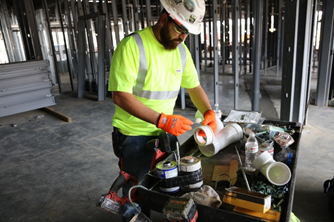
This is the stage of construction where initial plumbing lines are installed. More on construction stages can be found in our article Construction Phases: From Start to Finish.
Vent pipe installation
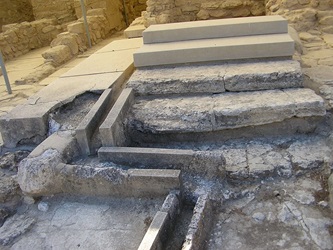
To supply fresh air and to assist in removing waste water, vents and vent pipes are installed.
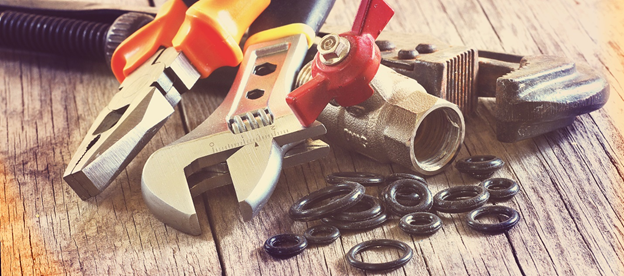
In order for a plumber to complete the above activities, they need tools... A plumber's tool bag has an array of different equipment. From drain-cleaning tools, specialty wrenches, and tools for working with a pipe, here are some of these workers use.
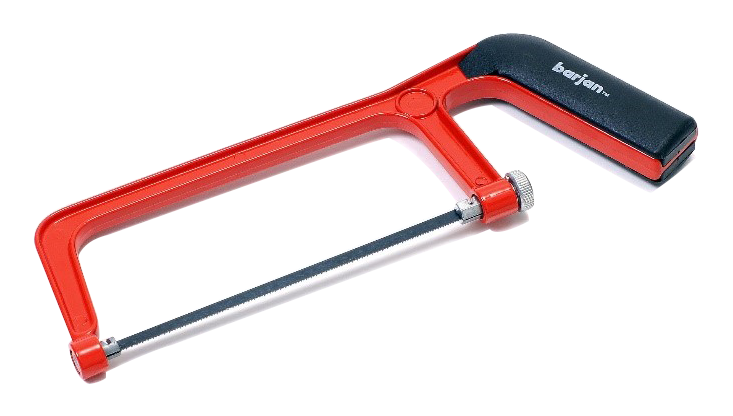
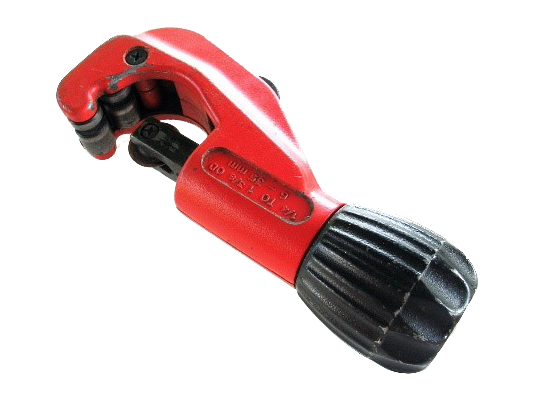
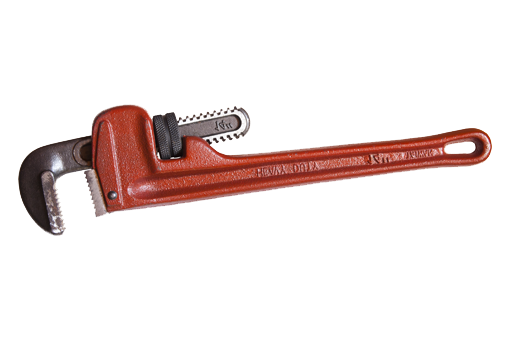
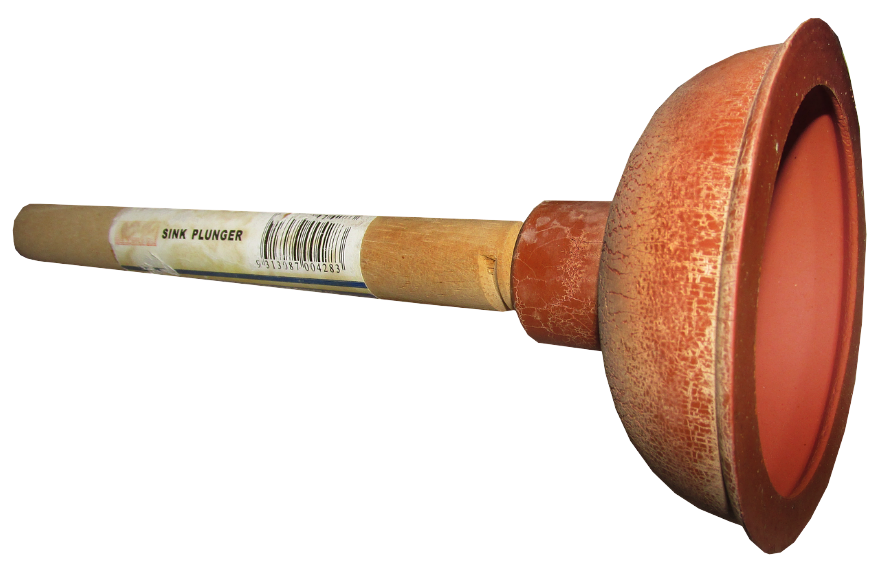
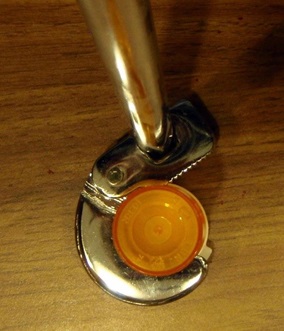

The plumbing system inside any residential or commercial building is filled with all types of material. Here are some of the most common materials plumbers use:



We highlight all of the above materials and tools for a straightforward reason: working with all of these materials in a variety of plumbing applications can potentially cause injury. As you'll soon discover, plumbing is not the industry for those concerned about rough working environments.
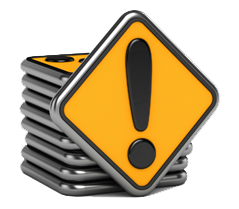
When you examine the injury statistics by the Bureau of Labor Statistics (BLS), Plumbing/HVAC is by far the most dangerous construction sub-industry. In 2019, there were over 13,000 injuries reported in the plumbing and HVAC sector, with electrical contractors coming in with the second-highest number of injuries at 7,740 injuries. Plumbing ranks #7 out of 18 total construction sub-industries for incidents. For every 100 people, there is an injury experienced by 3.5 workers. This number is lower than other industries, in part because of the sheer volume of contractors, over 1 million, operating in the U.S. as plumbers and HVAC workers.
At MCR Safety, we believe the numbers never lie. Here are some other numbers and stats the BLS provides that plumbing and HVAC contractors should consider:
Common sources of injuries include:
Chemicals-drain cleaners, sewage, and solvents
Tight working spaces-contact with objects and equipment
Machinery and tools-cuts and lacerations
Additional hazards are listed below
Is plumbing a hazardous profession? Yes, plumbers will face safety hazards every day they are installing or repairing pipes. With that said, though, there are ways these contractors can minimize the job threats they face. The best defense is to wear the correct personal protective equipment (PPE) for potential hazards.
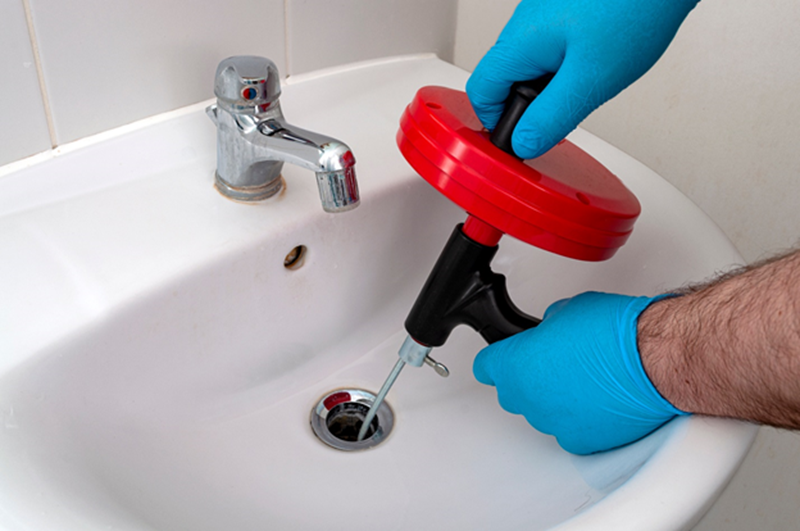
Due to the number of cut and laceration injuries experienced by those in the plumbing trade, cut-resistant products are a must-wear type of PPE. Don't worry, plumbers, we make multiple styles that are waterproof! Here is a broad list of personal protective equipment (PPE) MCR Safety supplies to help plumbing contractors stay protected:
We've highlighted a lot of plumbing information and thrown a bunch of industry stats at you. The rest of this page showcases some of the most common plumbing hazards and different PPE options plumbing contractors should consider wearing while performing their work.
If you prefer going back to the main Construction page, click the image below. from the home page, you'll be able to access any of the numerous construction industries we cover. If you would prefer to check out some of painting's specific hazards, please continue reading below.
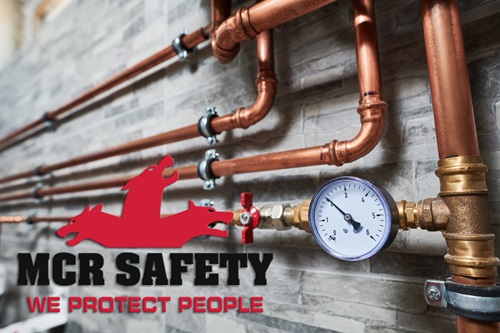

Before we highlight the additional safety hazards plumbers face, let's leave you with some fascinating plumbing facts.
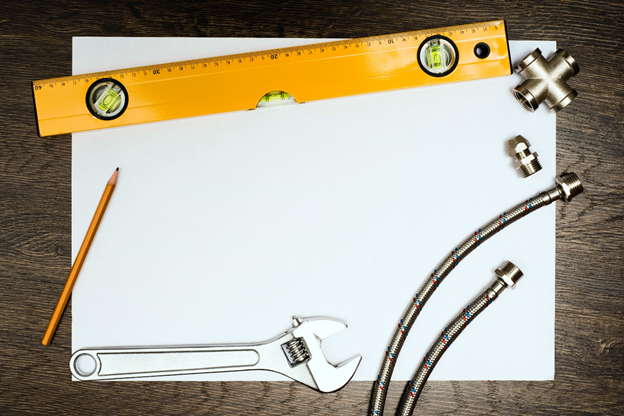
When you are on the job plumbing, snaking a line, installing a water heater, or soldering a pipe, let MCR Safety keep you safe!
Find the right MCR Safety product that protects you against these common hazards.
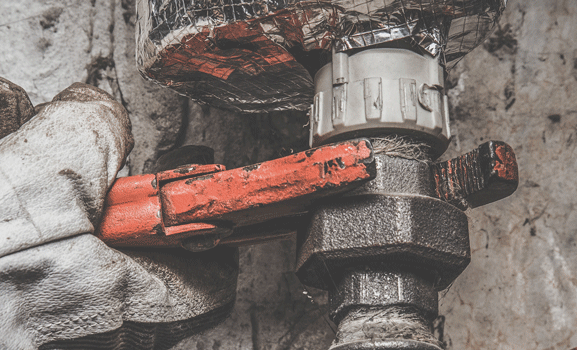
The drain snake is abrasive. Excellent abrasion resistance is required when handling a metal drain snake and feeding cable into a drain.
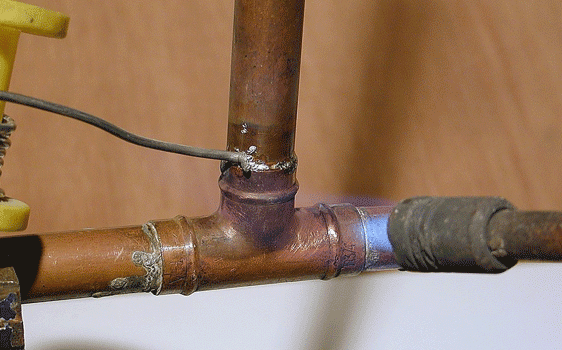
Plumbers know that burns easily occur around hot pipes. Soldering equipment and joining pipe can burns your hands too. Our MC504 are tested for Contact Heat at 392° Fahrenheit.
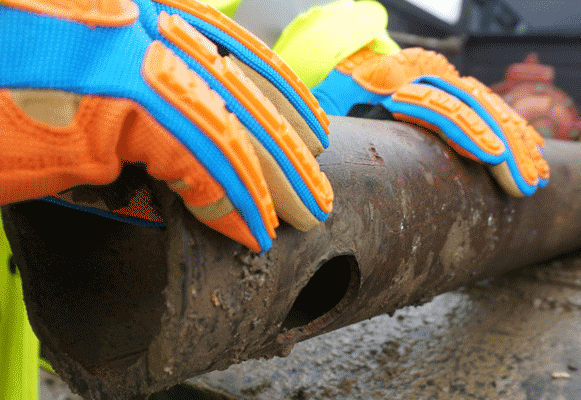
Plumbers work in tight spaces and crawl under structures. Being struck by falling pipe and parts is an absolute concern for plumbers, not to mention banging up one’s knuckles.
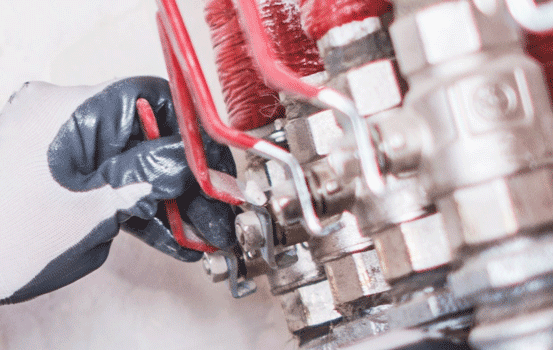
Pipefitters installing pipes need snug fitting gloves, which do not limit hand movement. Check out our 92718 cut resistant option.
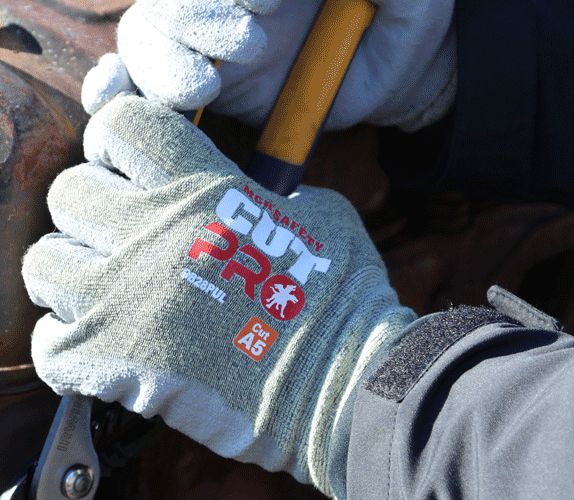
Gripping wet surfaces, such as sweating pipe, requires gloves with excellent grip. It also helps having a cut-resistant liner, like with the 9828PU. Grippaz gloves are excellent for splash resistant activities and wet surfaces too.
Learn More About Grip Protection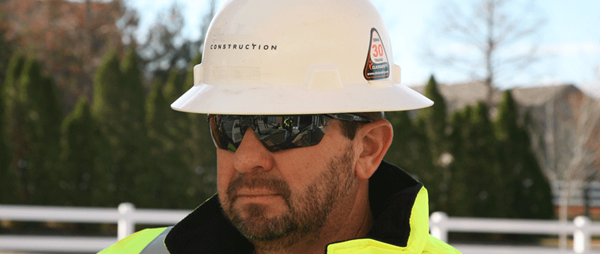
Splashing raw sewage is hazardous if it gets in a plumber’s eyes, not to mention just plain disgusting. Flying objects and chemicals are always present when plumbing. You will need safety glasses when working under a sink, replacing and sawing a pipe.
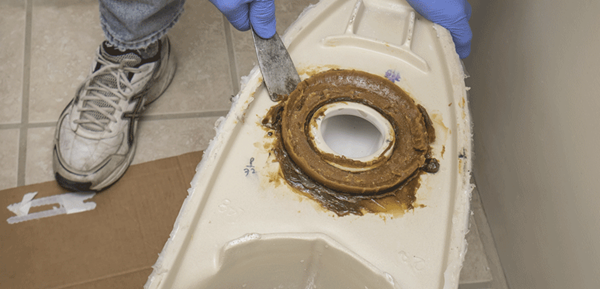
Draining cleaning traps and installing new sewer lines involves raw sewage. A plumber’s gloves are the last defense to health and safety risks. Don’t mess around with improper PPE.
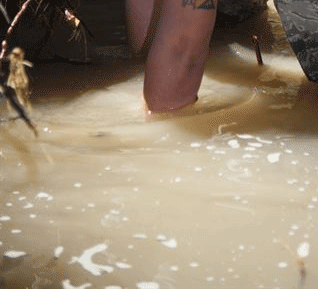
Have you ever seen standing water? Plumbers are in constant contact with it. Plumbers need liquid protection when clearing blocked drain lines with chemicals, power snakes, and plungers.
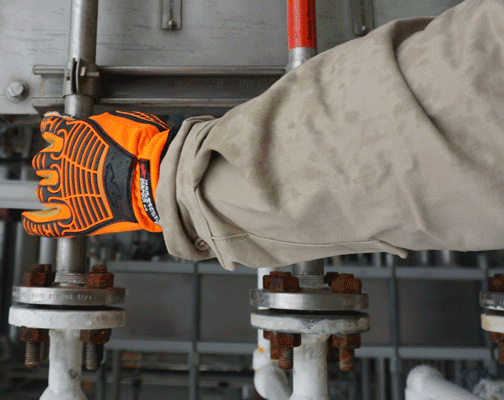
Plumbers needs clothing that is durable, comfortable and long lasting. We offer a wind range of flame-Resistant work shirts, Hi-Vis Gear, hoodies, and jeans.
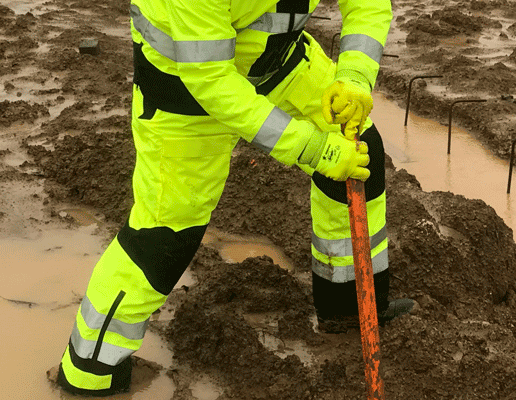
There is no guarantee the weather is going to be bright and sunny. Don’t get caught in the rain!
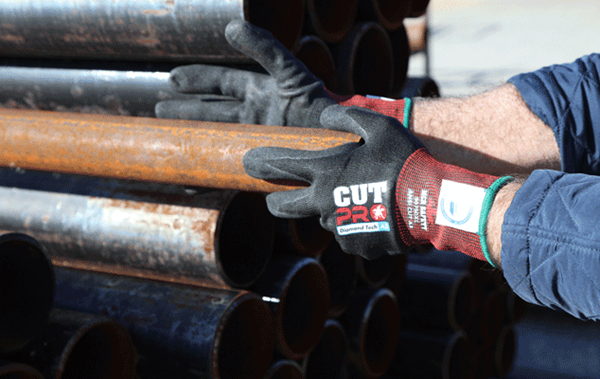
Whenever cutting into metal, the plumber is exposed to sharp edges and corners that will cut into you.
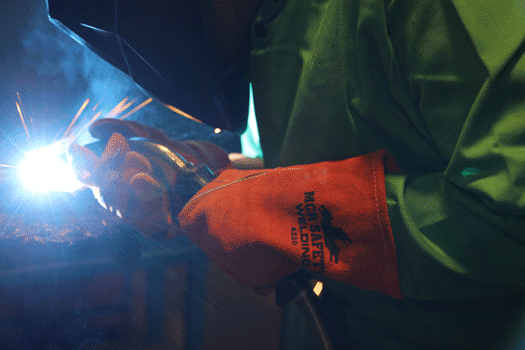
Joining pipes requires welding safety gear.
 Why MCR Safety Products?
Why MCR Safety Products? 
MCR Safety manufactures and supplies Personal Protective Equipment (PPE). Simply put, WE PROTECT PEOPLE! We are known world-wide for our extensive product line depth surrounding gloves, glasses, and garments spanning across numerous industries. We offer the total package of safety gear encompassing industrial gloves, safety glasses, protective garments, welding gear, industrial boots, Flame Resistant (FR) gear, face shields, and much more. From a glove standpoint alone, MCR Safety manufacturers and supplies over 1,000 different style gloves. Here are some of the many reasons MCR Safety is your go to source for PPE:
MCR Safety is recognized as a global manufacturer stretching across six countries, with both distribution and manufacturing facilities. Our core competency and specialty is manufacturing and supplying protective gloves, glasses, and garments. The information shown and provided on MCR Safety’s website, its safety articles, industry resource pages, highlighted hazards and safety equipment should be used only as a general reference tool and guide. The end user is solely responsible for determining the suitability of any product selection for a particular application. MCR Safety makes no guarantee or warranty (expressed or implied) of our products’ performance or protection for particular applications.